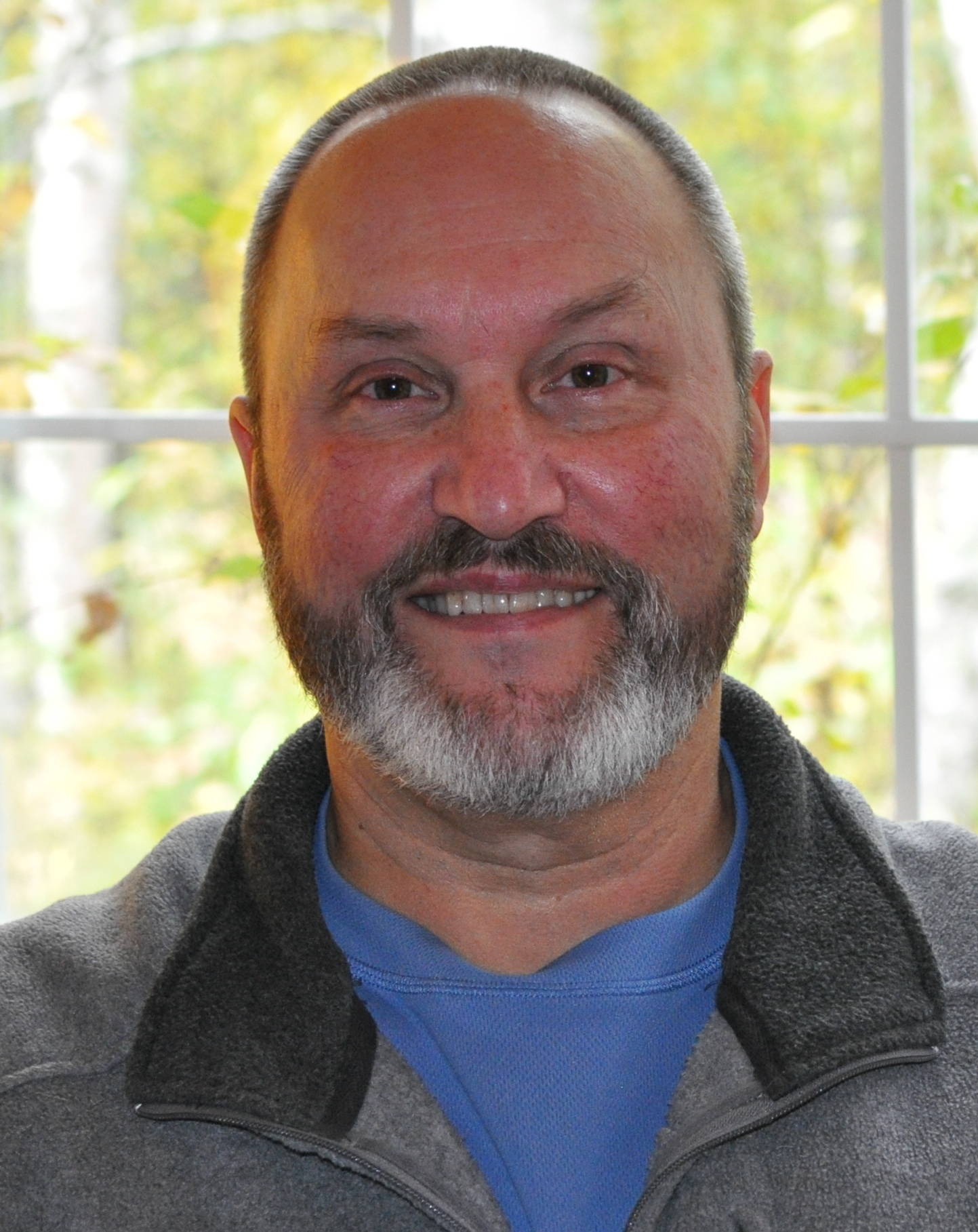“Are you for or against innigeration?” asked Junior. A cold autumn in ‘59 wasn’t it, overnighting at my friend’s in rural Texas.
Junior’s parents worked as tenant cotton farmers, some called them poor white trash. They lived in an uninsulated house on the farm for nominal rent, got shares from the sale of cotton. The rest of the shares went to the land owner.
Stepping onto a weather-worn front porch, you watched for missing planks. No plumbing, you got water from an outside well, and used an outhouse. The kitchen stove doubled as heater. On waking up you dreaded putting on frozen jeans. Stove-heated water sufficed for weekly baths for two girls and two boys, one at a time in a “number 3 tub.” Somebody held a towel strategically when it was your turn. A low watt bulb cast dim shadows from the rafters.
Sort of like classic Alaskan bush life-style … except for electricity and cotton farming.
Junior had a TV (we did not). He got to watch Gunsmoke and 77 Sunset Strip, he was up on the news, too. The perennial clash of American racial cultures featured occasionally.
Now, I was a preacher kid. We had a cottage in town and, upscale to Junior, lived lower middle class. My folks both had enrolled in graduate school, commuting distantly from where dad preached. After their masters’, they planned to enter foreign missions to open a school.
This night they went to college, farming out their kids among families in the congregation. After a day of grade 8 schooling, afternoon farm chores and playing kick-the-can following supper, Junior and I bedded down talking until sleep won.
He was pretty smart in math; a big kid, too, good at football. I, however, youngest in the class and third smallest, did average work, and did OK enough in baseball for peer acceptance. We talked about cars and sports, and lately, girls. Well, he did. Mostly I listened.
Things got quiet. That’s when he posed the question.
Not understanding, I responded, “Am I for what?”
“Are you for innigeration?” As though I were slow of understanding (well, yeah), “You know,” he emphasized, “innigeration?”
Oh! Did I mention that if you went to that town, you’d find rigidly partitioned zones, one where black people lived and went to school, and the other where whites lived and went to school. Racial segregation held in schools and living arrangements: separate but equal education was the idea. And separate most everything else, too. But virtually nothing equal.
Anyway, no idea what Junior was talking about. Racked the old brain. Nothing.
You know when somebody asks and you just know from the posing what the right way to answer is? Whatever “innigeration” was, clearly, I shouldn’t favor it. Besides, any human being with half a lick of sense ought to know what he was talking about. Thus, no call for elucidation.
So I didn’t. Astutely I said, “Against.”
He said, “Good.”
Then he added skeptically, “But, you know, your parents are for it; are you sure you’re against it?”
My heart froze. I did not know they were for it. I did not know they worked against the prevailing order and for the integration of all the kids. (I learned that much later.)
Betrayer of family honor, dignity and reputation, I felt Judas’ remorse … still conflicted unwittingly by this mystery. Didn’t know why they should be for it and didn’t know why I should be against it, just knowing the right way to answer.
“Yep, against,” said I, remorse redoubling against my weak soul.
Some six decades since passed, the justice of integration long recognized. No lofty ideal: it’s just plain human decency – liberty, an unalienable right with which their Creator endowed humans.
Then I look to Jesus: betrayed by weaklings, outcast by insiders, sacrificed by the powerful. Through these he answers to build a forever community of deep integration, a mending of all things in heaven and on earth, to the glory of God, Creator of us all.
• Jon Paden is an elder with the Juneau Church of Christ. “Living & Growing” is a weekly column written by different authors and submitted by local clergy and spiritual leaders.

